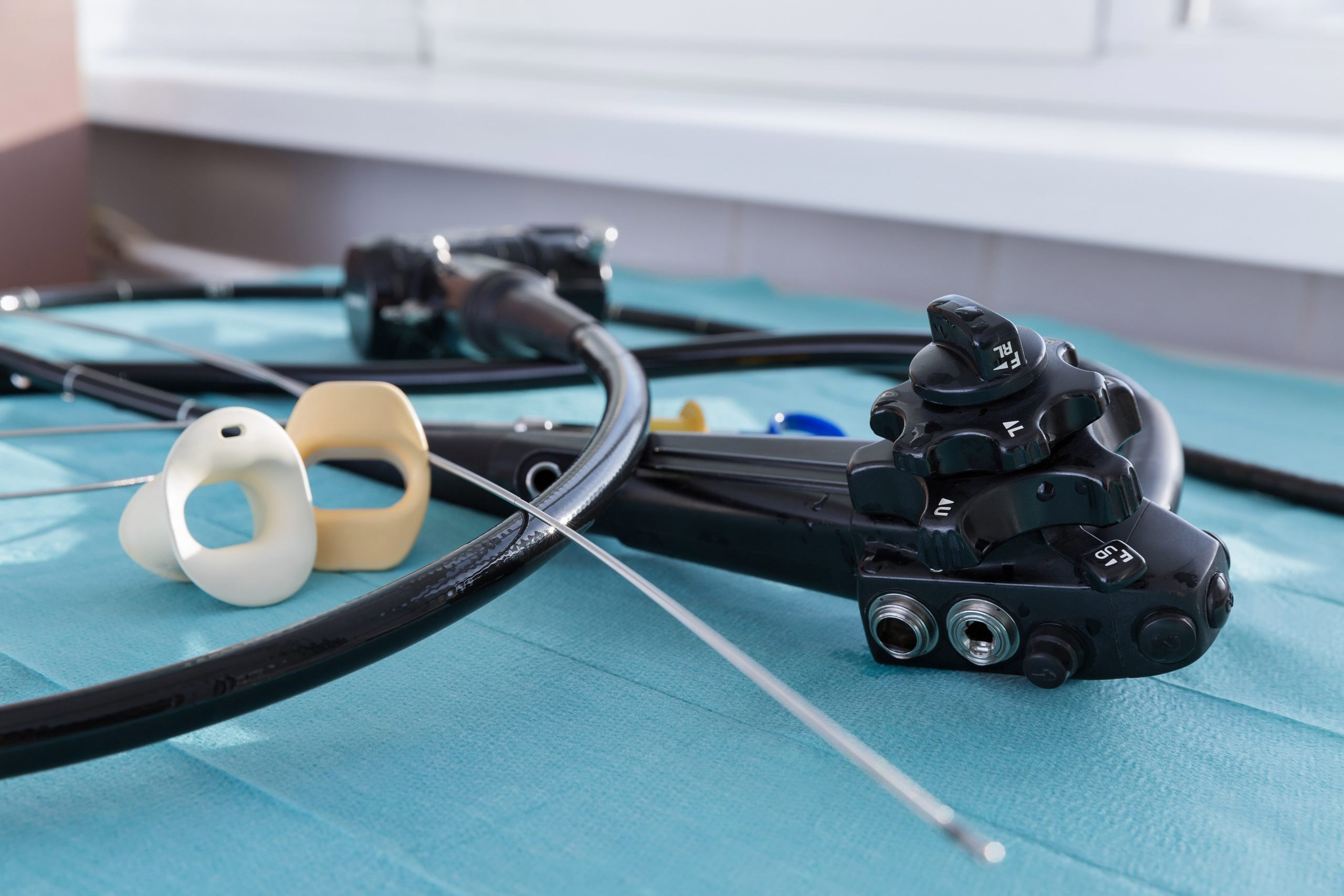
Critical care physicians report high levels of job satisfaction but also high levels of job stress and poor work-life balance in a new national survey.
The electronic survey was sent to U.S.-based physician members of the Society for Critical Care Medicine and posed 25 questions around four variables:
“When I first moved to critical care from anesthesiology, it was a completely different environment [from] the OR,” said Dr. Cortessa Russell, an assistant professor of anesthesiology and critical care at Columbia University Medical Center and New York-Presbyterian Hospital, who was one of the survey designers. “It was much more stressful.”
Russell, who collaborated on the project with Claire Barshied, a PhD medical sociologist, said they wanted to answer questions about what makes critical care so challenging and what factors impact job satisfaction.
Although the survey was conducted in 2016, prior to the global pandemic, the findings were presented in 2022 in an abstract at the virtual annual meeting of the International Anesthesia Research Society, Association of University Anesthesiologists, and Society of Critical Care Anesthesiologists.
Almost half of the 693 respondents included in the survey results worked more than 60 hours a week on average. More than 62 percent of survey respondents wanted to work fewer hours per week.
Those who wanted to work fewer hours reported overall work satisfaction levels of 74.1 percent, compared with 94.4 percent satisfaction levels among those who wanted to maintain their existing work hours.
Although most physicians were satisfied with their work, just 35.6 percent were either somewhat or very satisfied with their work-life balance.
When asked about their likelihood of seeking new employment, 24.6 percent reported that they were likely or very likely to seek a new job within one year — even sooner among the younger generations of physicians. Lower earners were more likely to attempt a job change than higher earners.
The researchers have repeated the survey, this time including all members of the Society of Critical Care Medicine, and are currently analyzing the data.
In a separate survey, 60 percent of emergency medical physicians reported burnout, the highest among the disciplines, according to Medscape’s 2022 Physician Burnout and Depression report.
An average of 47 percent of overall physicians experienced burnout, compared with 42 percent the prior year. Forty-eight percent of pulmonary medicine, gastroenterology and urology physicians experienced burnout.
“Too many bureaucratic tasks” topped the list of burnout causes, as it does each year. Exercise was the most popular coping mechanism.


